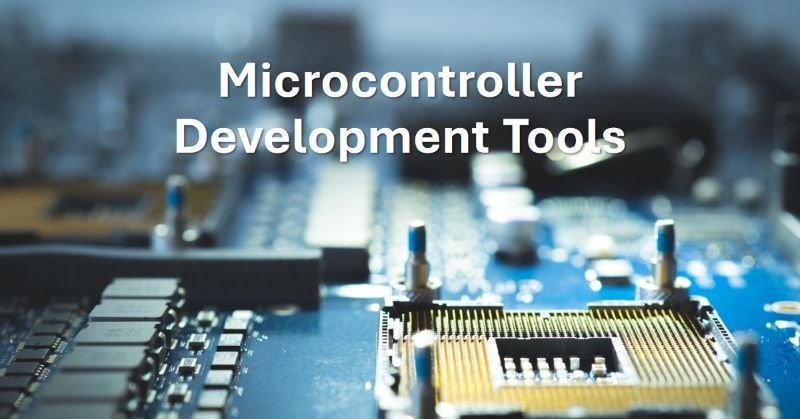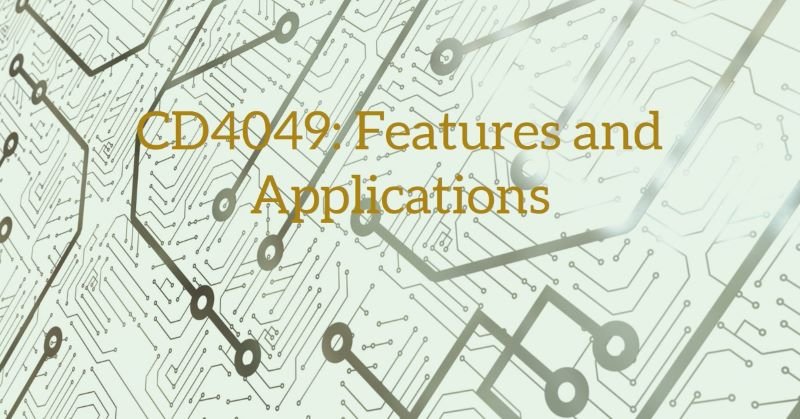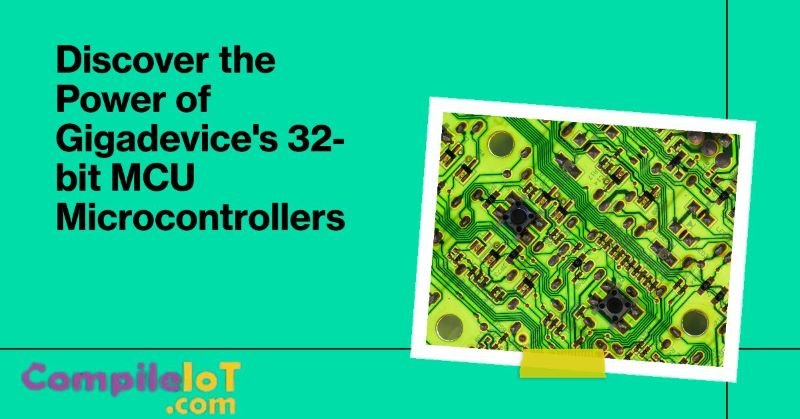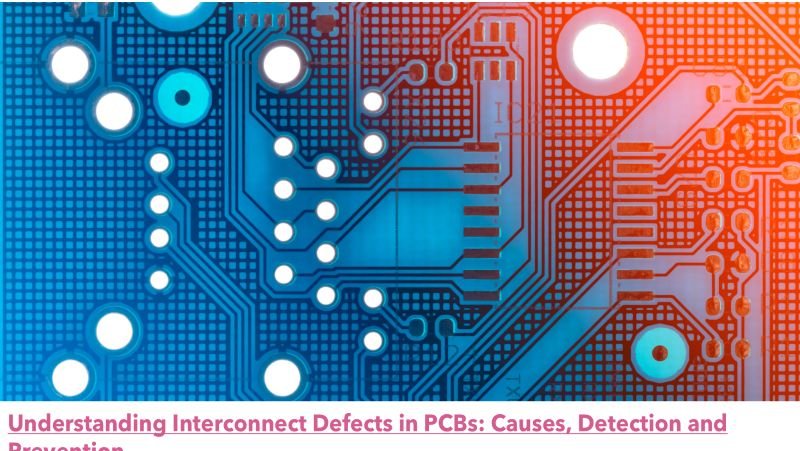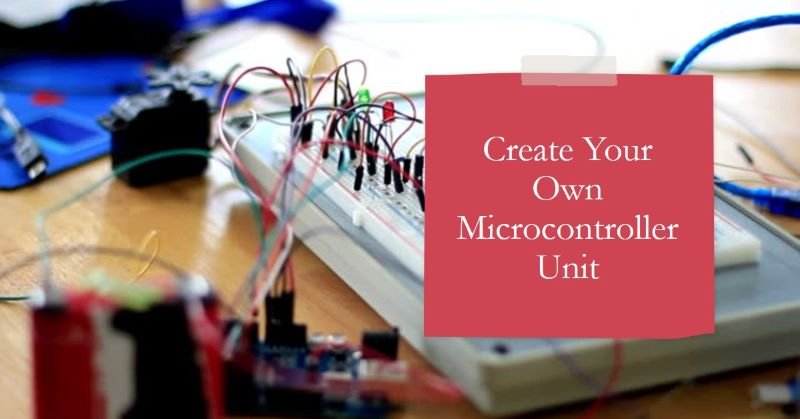8 Commonly Used Microcontroller Development Tools
As we know, Microcontrollers are the backbone of embedded systems, used in everything from simple household appliances to complex industrial automation systems. Development tools for microcontrollers are essential for designing, testing and debugging these systems. Here, we explore eight commonly used microcontroller development tools, highlighting their features and applications.
1. Keil μVision
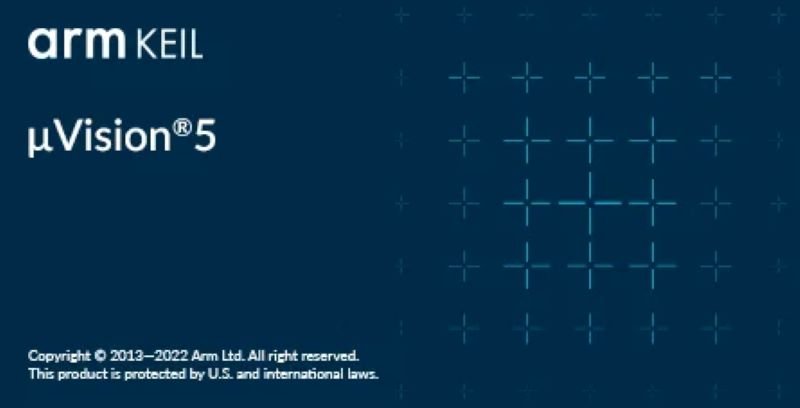
Keil μVision is a popular integrated development environment (IDE) for ARM-based microcontrollers, particularly those using the Cortex-M series. Developed by Arm, Keil μVision is known for its robust debugging capabilities and comprehensive development environment.
Features
- Debugger: Provides real-time trace, performance analysis, and complex breakpoint support.
- Device Database: Contains information on over 3,000 ARM microcontrollers.
- Code Generation: Includes powerful optimization tools to generate efficient and compact code.
- Middleware: Offers a wide range of middleware components, including RTOS, USB, and networking stacks.
Applications
Keil μVision is widely used in automotive, industrial automation and consumer electronics applications where ARM Cortex-M microcontrollers are prevalent.
2. IAR Embedded Workbench
IAR Embedded Workbench is a versatile development tool that supports a wide range of microcontroller architectures, including ARM, AVR, and MSP430. It is known for its powerful compiler and advanced debugging features.
Features
- Optimizing Compiler: Generates highly optimized code for performance and size.
- C-SPY Debugger: Offers detailed insight into the application with advanced debugging capabilities.
- Wide Support: Supports over 10,000 devices across multiple architectures.
- Integration: Seamlessly integrates with various third-party tools and RTOS.
Applications
IAR Embedded Workbench is used in applications requiring high performance and reliability, such as medical devices, industrial control systems, and automotive electronics.
3. STM32CubeIDE
STM32CubeIDE is an integrated development environment developed by STMicroelectronics for their STM32 microcontrollers. It combines the STM32CubeMX graphical configuration tool with the Eclipse-based IDE.
Features
- Graphical Configuration: STM32CubeMX allows easy configuration of peripherals and middleware.
- Code Generation: Automatically generates initialization code based on the user’s configuration.
- Debugger: Provides comprehensive debugging support, including SWV and ETM trace.
- FreeRTOS Integration: Easily integrates with FreeRTOS for real-time operating system support.
Applications
STM32CubeIDE is tailored for applications using STM32 microcontrollers, such as IoT devices, consumer electronics and industrial automation systems.
4. CodeBlocks
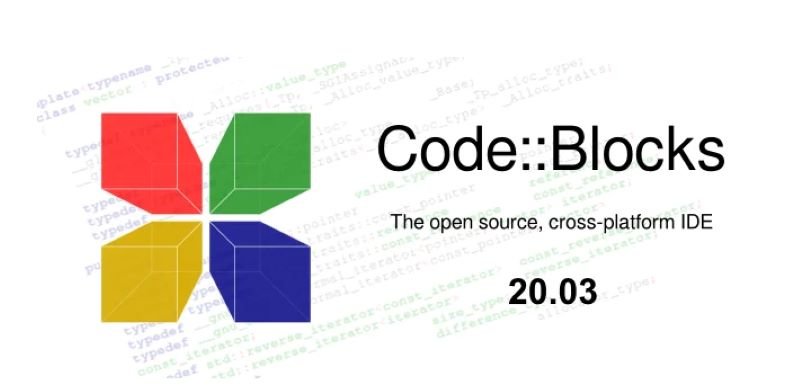
CodeBlocks is a free, open-source, cross-platform IDE that supports multiple compilers, including GCC and Clang. While not specifically designed for microcontroller development, it can be configured to support embedded development.
Features
- Customizable Interface: Highly customizable with plugins and flexible interface.
- Multiple Compiler Support: Supports various compilers, allowing flexibility in development.
- Debugger: Integrated with GDB for debugging support.
- Cross-Platform: Runs on Windows, Linux and macOS.
Applications
CodeBlocks is used in educational settings and for hobbyist projects where flexibility and cross-platform support are needed.
5. MPLAB X IDE
MPLAB X IDE, developed by Microchip Technology, is a comprehensive development environment for PIC and dsPIC microcontrollers. It is based on the NetBeans platform and offers extensive features for developing embedded applications.
Features
- Cross-Platform Support: Available for Windows, Linux, and macOS.
- Debugger: Integrated with MPLAB X Simulator, ICDs, and debuggers.
- Compiler Integration: Seamlessly integrates with MPLAB XC compilers.
- GUI: Provides a user-friendly graphical interface for ease of use.
Applications
MPLAB X IDE is ideal for applications using Microchip’s PIC and dsPIC microcontrollers, such as consumer electronics, automotive systems, and industrial control.
6. Arduino IDE
The Arduino IDE is a simple, open-source development environment for Arduino boards and compatible microcontrollers. It is designed to be easy to use for beginners and supports a wide range of microcontroller platforms.
Features
- Simplicity: Easy-to-use interface with a simple code structure.
- Extensive Library Support: Vast library of code and examples for various sensors and modules.
- Cross-Platform: Available for Windows, Linux, and macOS.
- Community Support: Strong community support with numerous tutorials and forums.
Applications
The Arduino IDE is popular in education, DIY projects, and rapid prototyping due to its ease of use and extensive community resources.
7. Atmel Studio
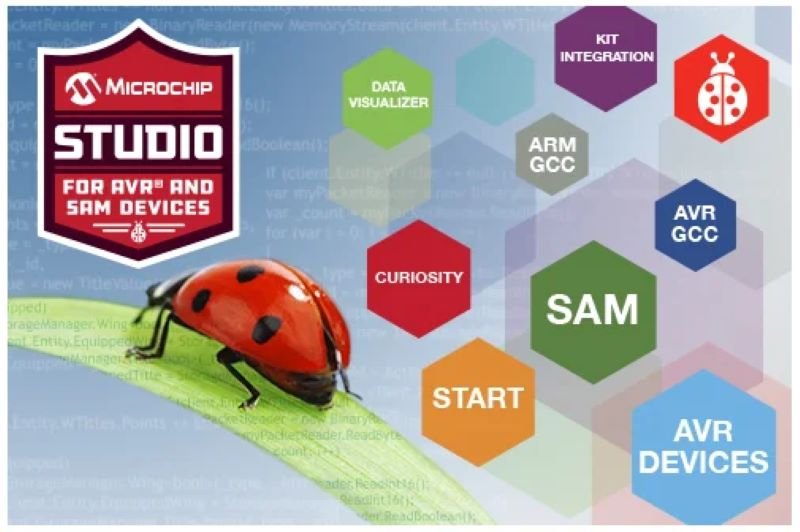
Atmel Studio is an integrated development environment for AVR and ARM microcontrollers, developed by Microchip Technology (formerly Atmel). It provides a comprehensive toolset for developing and debugging embedded applications.
Features
- Advanced Debugging: Offers a rich set of debugging features, including data and breakpoint views.
- Integrated Tools: Integrates with Atmel START for code generation and Atmel Software Framework for middleware.
- Device Support: Extensive support for AVR and ARM devices.
- Simulation: Provides a simulator for testing code without hardware.
Applications
Atmel Studio is used for developing applications with AVR and ARM microcontrollers, such as home automation, industrial systems, and educational projects.
8. Code Composer Studio
Code Composer Studio (CCS) is a development environment for Texas Instruments (TI) microcontrollers and processors. It supports a wide range of TI devices, including MSP430, Tiva C, and Sitara processors.
Features
- Debugger: Advanced debugging features with real-time analysis and profiling.
- Integration: Integrates with TI’s RTOS and middleware components.
- Compiler: Includes highly optimized compilers for various TI architectures.
- Support: Provides extensive support for TI’s wide range of microcontrollers and processors.
Applications
CCS is widely used in applications that utilize TI microcontrollers and processors, such as automotive systems, industrial automation, and communication devices.
Final Words
In conclusion, Selecting the right development tool is crucial for the success of any embedded system project. The tools mentioned above cater to different microcontroller architectures and offer a range of features tailored to various application requirements. Whether you are working on a simple DIY project with Arduino or a complex industrial system with STM32, there is a development tool that can meet your needs.
